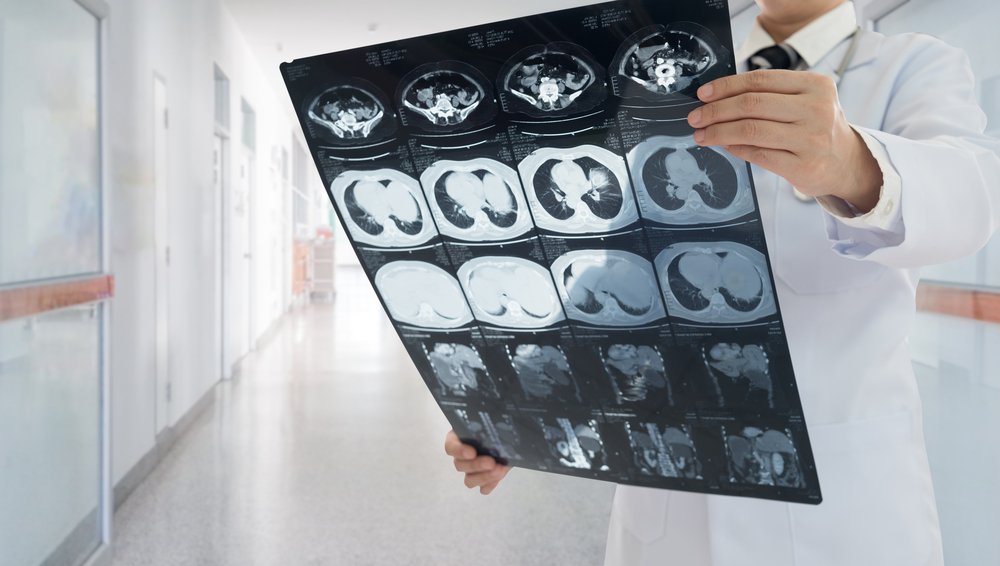Singapore Researchers Develop Probe That Improves Liver Cancer MRI Imaging
Written by |

Researchers at the National University of Singapore have developed a probe that provides doctors with clearer and more accurate magnetic resonance images of liver cancer.
The MRI tool will help doctors do a better job of tracking liver cancer tumors, the research team said. The study, “Nanodiamond–Manganese Dual Mode MRI Contrast Agents For Enhanced Liver Tumor Detection,” was published in the journal Nanomedicine: Nanotechnology, Biology and Medicine.
MRI helps doctors diagnose cancer and follow patients’ progress after treatment. There are two modes of MRI imaging: T1-weighted and T2-weighted. Each mode requires a specific contrast agent to improve imaging quality.
Obtaining a clear MRI of liver cancer is challenging because blood vessels around the tumor can alter the clarity of both T1 and T2 images.
The new probe uses a dual-mode contrast agent that helps obtain clearer and more accurate images of liver cancer tumors in both T1- and T2-weighted MRI scans.
Researchers said they can obtain liver-tumor images with the new probe that they were unable to see without contrast agents. And the doses of agents the probe uses can be lower than doses of other agents, they said.
The Singapore team used nanodiamonds and a manganese base to build the probe — a combination they say enhances image quality.
“Our experiments suggest that our dual-mode contrast agent holds great promise in improving imaging for liver cancer,” Edward Chow, the study’s senior author, said in a news release. “We are hopeful that this advancement in nanomedicine will lead to safer and more accurate diagnosis of liver cancer.
“Moving forward, we plan to conduct further pre-preclinical safety studies for our contrast agents, with the end goal being clinical implementation,” he added. “We are also looking into using our contrast agents to improve imaging for glioma and ovarian cancer.”
Liver cancer may be caused by cirrhosis, or liver damage; excessive alcohol consumption; smoking; or a hepatitis viral infection. There are four types of liver cancer, with hepatocellular carcinoma the most common.
The National Cancer Institute says about 40,700 people will be diagnosed with liver cancer in 2017. Without treatment, patients have a very poor prognosis, usually surviving less than six months after diagnosis.


